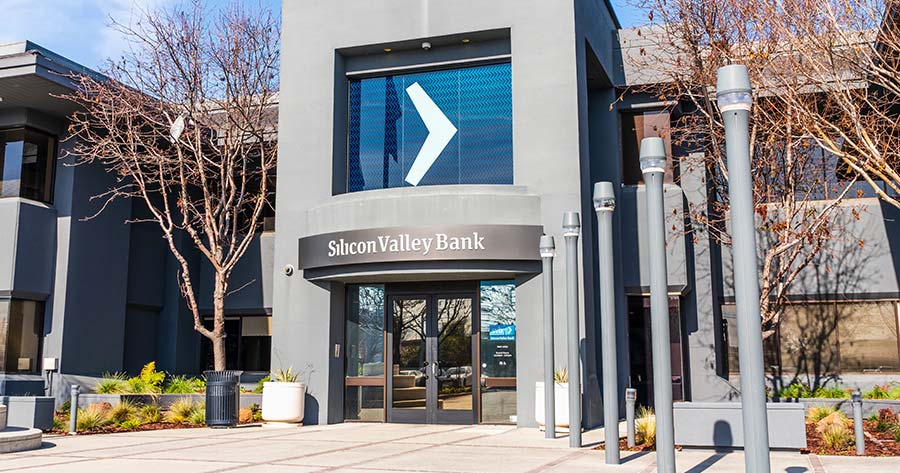Moody’s Investors Service stated on Monday that the collapse of Silicon Valley Bank will have limited impact on Asian banks since the majority of their deposits are in loans rather than Treasurys.
The parent company of Silicon Valley Bank, SVB Financial Group, saw its stock price drop by as much as 60% on Thursday, and trade in its securities was halted on the following Friday. After disclosing plans to raise more than US$2 billion in capital to help cover losses on bond sales, the company had seen the market valuation fall below US$7 billion.
On Wednesday (March 8), the lender started selling shares for a total of US$1.75 billion to strengthen its balance sheet and deal with declining deposits from companies facing increasing spending and a lack of available funds.
SVB’s CEO Greg Becker released a statement saying the company had sold “substantially all” of its securities that were available for sale and was trying to raise US$2.25 billion in total through the sale of common equity and convertible preferred shares.
On Monday’s episode of CNBC’s “Squawk Box Asia,” Eugene Tarzimanov, a vice president at Moody’s, stated that “if you look at the typical loan to deposit ratio in Asia, it’s about 90%,” meaning that the vast majority of deposits are invested in loans.
“Banks obviously do invest in government securities — local bonds, foreign bonds, but that share is not that significant,” he said.
In addition, Tarzimanov cited the “strong capital, good quality of loan books, and most importantly, good funding and liquidity” of Asian banks as reasons for their resilience.
The collapse of SVB sent shockwaves to the tech and venture capital community, especially startups that see the bank as a reliable capital source. This has become the largest bank failure since the 2008 financial crisis.
President Joe Biden tweeted early Monday that U.S. regulators have reached a “solution” regarding issues related to Silicon Valley Bank and Signature Bank.
“The American people and American businesses can have confidence that their bank deposits will be there when they need them,” he said in a Twitter thread.
“I’m firmly committed to holding those responsible for this mess fully accountable and to continuing our efforts to strengthen oversight and regulation of larger banks so that we are not in this position again,” Biden wrote in a tweet.




